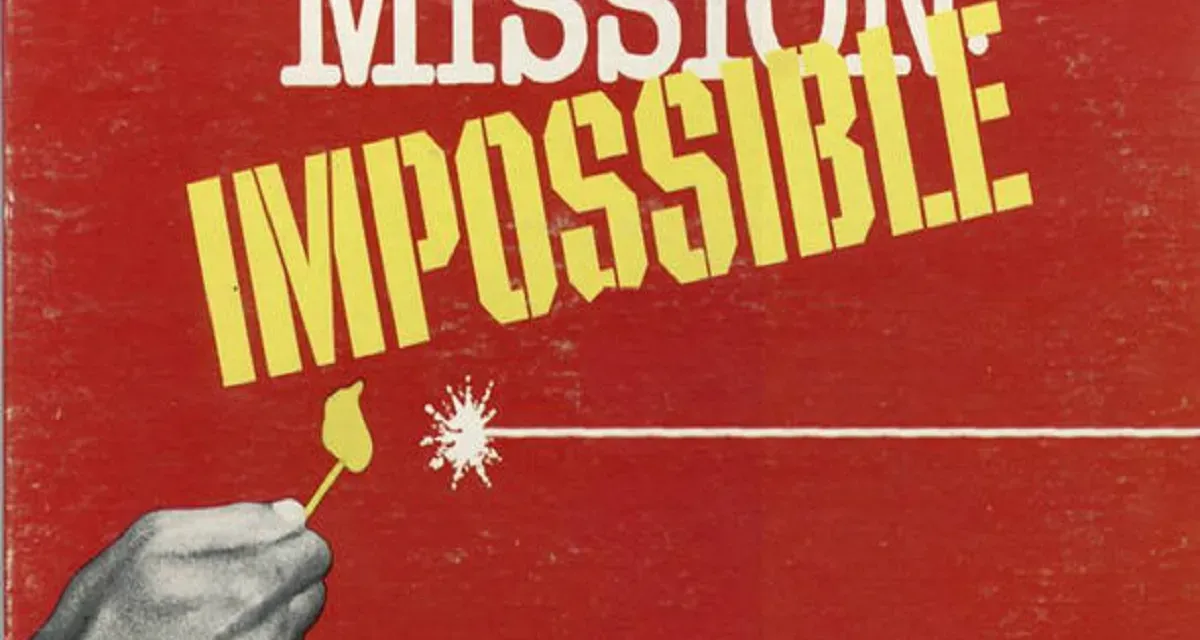Litblog Roundup 54

The litblog roundup offers a summary of the topics of conversation lately on the literary internet. With stolen books, other crimes, and a whole lot to say about money, there’s sure to be something to intrigue you this time.
Tome Raider
An article about rare book theft is making the rounds online lately, not least because if offers an excuse to say the phrase “tome raider.”
In a rare book heist described as “extraordinary” for its Mission: Impossible-style stealth, a gang of thieves has stolen more than £2m worth of antiquarian books from a London warehouse. The three tome-raiders evaded the security system by boring holes through reinforced glass skylights and abseiling 40ft on ropes into the repository. The haul of more than 160 books included a 1566 copy of De Revolutionibus Orbium Coelestium by Copernicus, worth an estimated £215,000, as well as works by Galileo, Isaac Newton, Leonardo da Vinci and a 1569 edition of Dante’s Divine Comedy.
Justice vs. Punnishment
Sometimes, the sentence is sentences.
Scratch
Emily Cooke writes from personal experience in a review of the book, Scratch: Writers, Money, and the Art of Making a Living. The topic is money, and its role in the lives of writers .
Scratch and like efforts usefully destroy the fantasy that the production of a literary work is unconnected to its writer’s worldly circumstances. But—as I’ve determined over years of research in the field—no level of affluence will ensure that you write a worthwhile book. Consider the laws of the literary few: Having lots of money confers status but having very little confers legitimacy, which offers a different kind of status; having too much is unseemly yet so is having none. The rich and the poor collude in believing that the amount of money you inherit or make means something about your moral fiber, the quality of your art. What will we do when we find out it doesn’t?
AWP Conference
In February each year, the literary internet is all abuzz about the annual conference of the Association of Writers and Writing Programs. I managed to attend this year for my first time, and I got to see first hand what the buzz is about. It’s an exciting time, to pal around with hundreds of other writers, to hear stellar readings, learn from panel discussions, and to buy amazing new books from many different presses. A good way to get an overview of all the action is the twitter hashtag, #awp17 .
Take a Class from George Saunders
The Anton Chekhov–George Saunders Humanity Kit was recently published by Maria Bustillos on LongReads. The kit is essentially a syllabus for a class Saunders taught about Chekhov, and it offers a way to experience some of what it’s like to take an MFA class at Syracuse.
I made this kit, which provides a number of methods by which you can experience The Little Trilogy, and George Saunders’ teaching methods, on your own, according to your own purposes.